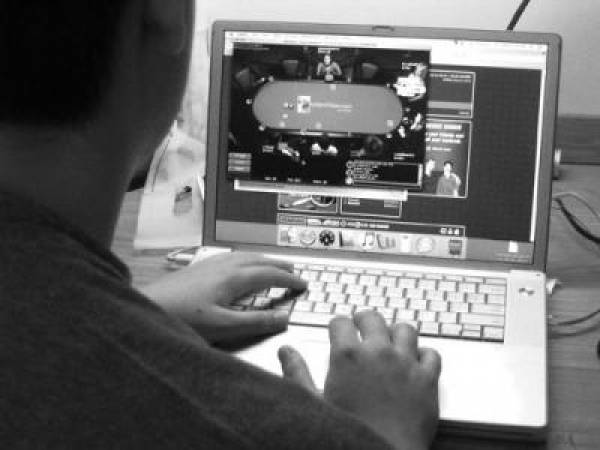Wall Street Journal: Once a State Legalizes Online Gambling, Others Will Quickly Follow

The Wall Street Journal is closely covering the situation in New Jersey where Internet gambling could become legal Friday should Governor Chris Christie elect to sign off on a bill or elect to do nothing. The Garden State would become the first in the US to legalize the activity.
Regardless of what happens in New Jersey, other states wait in the wings. They too want a piece of the multi-billion dollar industry pie. Florida, California and Iowa are just a handful of states now considering legalizing online gambling.
From the Wall Street Journal:
"What I'm seeing is more of a turn" toward state legalization, said Nick Iarossi, a gambling lobbyist in Florida. "I think you're seeing a shift in focus because the thought process is that if several large states legalize, that will put pressure on the feds to act."
The state efforts, proponents say, would steer clear of the federal ban by limiting access to the sites to people using them from inside the state, which proponents say is technologically possible. But the legality of the proposals is murky under some state constitutions. The U.S. Department of Justice has long taken the position that nearly all forms of online gambling are illegal in the U.S. It hasn't weighed in publicly on the state proposals.
Two websites operated from foreign jurisdictions—Poker Stars and Full Tilt Poker—have come to dominate the U.S. and international online poker scene. Even though financial transactions are complicated for players, around 10 million people in the U.S. play poker online, according to the Poker Players Alliance, a group for online poker players in the U.S.
“It is the Dominos effect,” notes Payton O’Brien, Senior Editor of the Gambling911.com website. “Once New Jersey or another state legalizes it (online gambling), others should quickly follow.”
California in particular is closely monitoring the situation in New Jersey. The California Nations Indian Gaming Association, once the biggest obstacle standing in the way of legalizing online poker in that state, now endorses legislation.
In Iowa, The Des Moines Register says a new measure to legalize Internet gambling is finding favor among lobbyists for gambling interests, who say illegal Internet gambling is rampant and revenue that could be taxed is flowing overseas.
Attempts to legalize online gambling at the state level never gained serious traction prior to the economic crisis.
North Dakota Rep. Jim Kasper, R-Fargo, promoted a bill and state constitutional amendment during the 2005 Legislature to allow North Dakota to license and regulate Internet poker sites. The proposals won approval in the House, but were overwhelmingly defeated in the North Dakota Senate.
Sportingbet, which at the time owned the number three online poker room, Paradise Poker (remember them?), went on record as saying they would move much of their North American facing operation to North Dakota in a heartbeat.
Rep. Kasper told Gambling911.com in 2007 that the federal legislation passed earlier in the year seemingly banning online gambling really put the brakes on any of his legislative plans. He also expressed dismay at the online poker's industry's lack of cohesiveness and organization at the time.
He had reached out numerous times with suggestions on what these online poker rooms can do to help legitimize themselves, and received little, if any, response.
“This is shocking given the growing popularity of the online poker industry” he told Gambling911.com’s Kira Wissman.
The tide is now turning and Kasper should be recognized as the man who sowed the first seed.
-
Christopher Costigan, Gambling911.com Publisher











